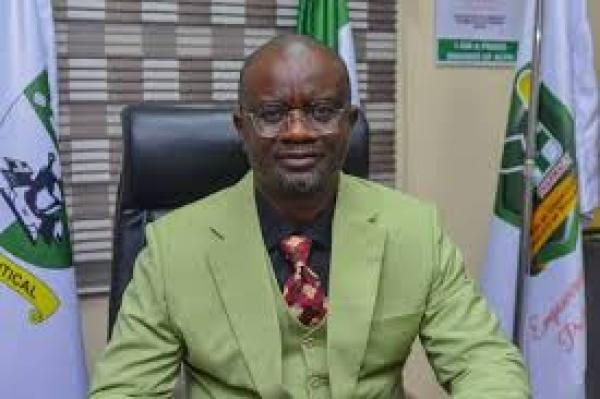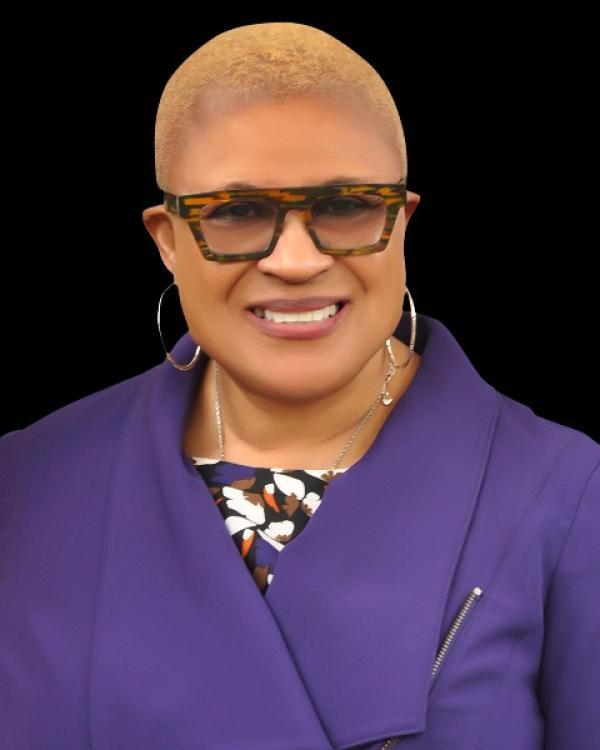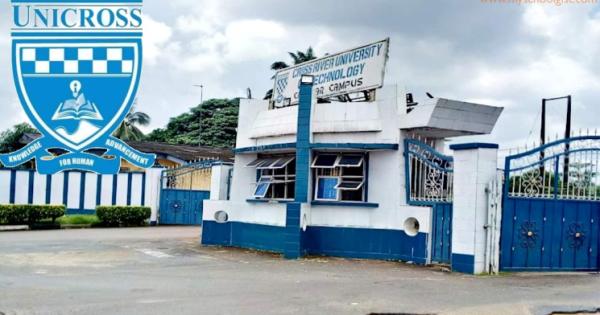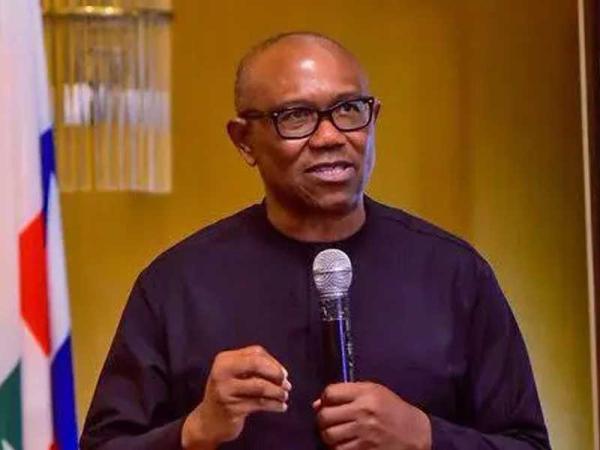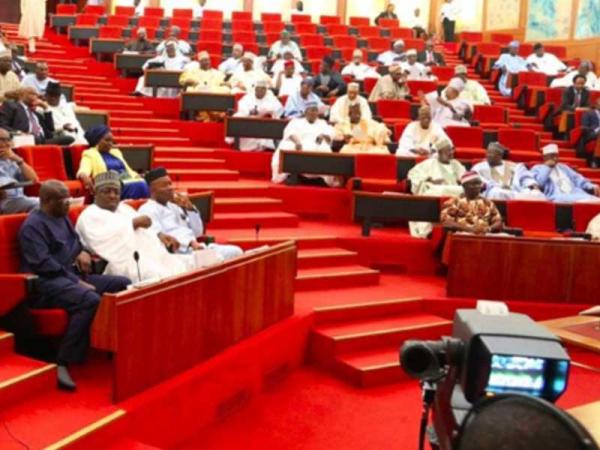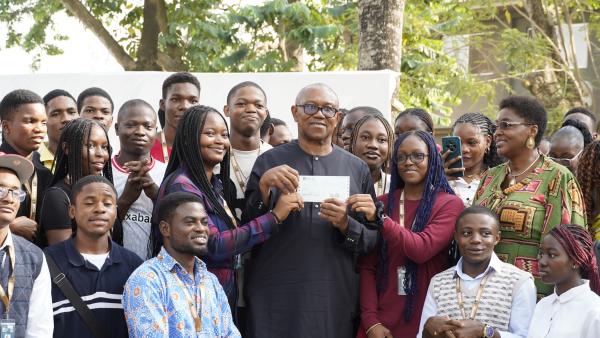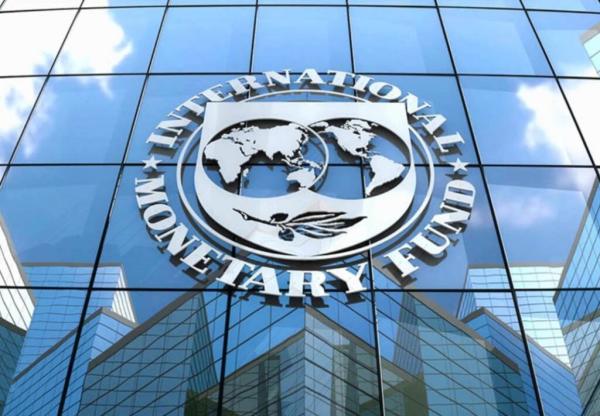
Nigeria walked a fine line between clapping and anxiety at the 2025 Annual Meetings of the International Monetary Fund (IMF) and World Bank, as the country’s reform momentum drew commendation from global financiers, while fiscal, debt, and oil-sector concerns triggered calls for vigilance and deeper discipline.
The IMF, in its World Economic Outlook and Fiscal Monitor released during the meetings, gave Nigeria a moderate vote of confidence, upgrading the nation’s 2025 growth forecast to 3.9 per cent, up from 3.4 percent in July. It attributed the outlook to “stronger domestic fundamentals, improved oil production, and rising investor sentiment” following bold policy steps taken since mid-2023.
Nevertheless, the Fund cautioned that fiscal fragility and growing debt costs remain critical risks that could stall the country’s recovery if not carefully managed.
“Nigeria’s policy reforms have been significant — exchange rate unification, subsidy removal, and fiscal coordination are all steps in the right direction,” said Abebe Selassie, Director of the IMF’s African Department. “But the next phase requires policy consistency, revenue efficiency, and credible debt management to ensure that these hard-won gains are not reversed.”
Reform drive gains global recognition> Mr. Olayemi Cardoso, Central Bank of Nigeria (CBN) Governor,led Nigeria’s delegation to the Washington meetings, where he reaffirmed the Federal Government’s determination to sustain the reform course despite social and political pressures. “We will not allow reform fatigue to set in,” Cardoso declared at the press briefing on the outcome of Nigeria’s participation at the meetings.
“The danger of slowing down is losing the progress already achieved. This is a marathon, not a sprint — Nigerians will begin to feel the benefits as inflation trends down and growth strengthens,” he said.
Cardoso disclosed that headline inflation, which peaked above 30 percent in 2024, had dropped for six consecutive months to 18.02 percent in September, its lowest in three years. He noted that the naira has stabilised across markets, with the gap between the official and parallel rates narrowing to under two percent, and that foreign reserves now exceed $43 billion, providing more than 11 months of import cover.
He also added that, these gains reflect renewed investor confidence and stronger inflows across asset classes, adding that the country’s macroeconomic reforms are “beginning to rebalance public finances and restore credibility.” “Our monetary tightening, exchange rate reforms, and fiscal coordination have started to show measurable results,” Cardoso said. “We are strengthening fiscal discipline through better revenue mobilisation and cost control, ensuring that public finances are aligned with growth and inclusion,”.
IMF: Progress, but fragile> The IMF’s Research Department noted that Nigeria’s economic rebound is real but still fragile.
“Nigeria’s growth resilience reflects supportive fiscal reforms, higher oil output, and improved investor confidence,” said Denz Igan, Division Chief at the IMF Research Department, adding that, “Recent GDP rebasing has shown that the economy is much larger than previously estimated, with digital technology, services, and informal agriculture expanding rapidly.” Inflation is projected to ease to 23 percent in 2025 and further to 22 percent in 2026, supported by improved monetary coordination and a more flexible exchange rate. IMF Financial Counsellor, Tobias Adrian, described Nigeria’s foreign exchange reforms as “a difficult but necessary correction,” saying that short-term pains are inevitable but that the long-term benefits of transparency and competitiveness outweigh the costs.
“A depreciating currency is not inherently bad,” Adrian noted. “When markets are transparent and policy is credible, depreciation can act as an adjustment mechanism that supports investment and export competitiveness. Nigeria’s move toward a more flexible exchange rate is, therefore, a healthy sign.”
The IMF, however, cautioned that fiscal and debt vulnerabilities continue to pose serious challenges. In its Fiscal Monitor 2025, released during the meetings, the Fund projected Nigeria’s fiscal deficit to rise from 2.9 percent of GDP in 2025 to 3.7 percent in 2026, as rising interest payments and spending pressures outpace revenue growth.
“Nigeria’s fiscal stance remains broadly neutral, but debt servicing is crowding out development spending,” said Davide Furceri, Division Chief, IMF Fiscal Affairs Department. “The priority must be improving the quality of spending and mobilising non-oil revenues. Digitalising the tax system, improving compliance, and rationalising incentives will be key.”
The report estimated Nigeria’s public debt-to-GDP ratio at 39.3 percent in 2024, projected to moderate slightly to 36.4 percent in 2025, provided borrowing remains contained. The Fund also urged Nigeria to maintain transparency in debt reporting and avoid new non-concessional borrowings.
Selassie disclosed that across Africa, rising debt service costs are squeezing budgets for health, education, and infrastructure. “Nigeria’s progress is commendable, but debt costs are consuming fiscal space,” he warned. “Strong institutions and credible oversight are crucial for sustaining reforms and ensuring that fiscal adjustments translate into better living standards.”
Oil prices, illicit flows, and fiscal pressures > The Fund also cautioned that slumping oil prices could dampen Nigeria’s fiscal position, calling for accelerated diversification and domestic revenue reforms. Selassie urged the government to modernise its tax architecture through digitalisation, while ensuring that citizens “see value for taxes paid” through visible improvements in health, education, and infrastructure.
At a civil society dialogue, IMF Managing Director, Kristalina Georgieva, threw her weight behind Nigeria’s efforts to tackle illicit financial flows (IFFs) — a key source of fiscal leakage. “For countries like Nigeria, tracing illicit financial flows can provide a powerful blueprint for plugging leakages that have long undermined sustainable growth,” Georgieva said. “We are integrating financial surveillance into our country’s programmes to help governments strengthen anti-money laundering systems.”
She also said that as digital finance expands, oversight and transparency must keep pace. “Digital money and crypto assets can be used to evade oversight,” she noted. “That’s why we are supporting countries to trace illicit flows through technology and capacity building — so growth is driven by transparency, not leakage.”
Cardoso: Resilience, trade surplus, and financial innovation> Cardoso also revealed that Nigeria’s currency swap programme with China is being restructured after limited success, with a new framework under design to make future trade settlements “mutually beneficial.” “We’ve experimented with local currency trade settlements, but frankly, it didn’t work out very well,” he said. “Now that our currency is more competitive, we’re developing a framework that ensures such arrangements become win–win for all parties.”
He outlined that Nigeria now maintains a trade surplus of around six percent of GDP, driven by export diversification and local production. “For the first time in a long while, we have a positive balance of trade,” Cardoso stated. “This reflects sound policies and growing competitiveness. The economy is undergoing a restructuring that’s reducing import dependence and encouraging domestic output.”
He added that the CBN’s ongoing bank recapitalisation programme and stronger engagement with fintechs will make Nigeria’s financial system more resilient and globally competitive.
“Innovation and regulation must progress together,” Cardoso stressed. “Our fintechs are ambassadors of Nigeria’s creativity. We want to build a digital financial future anchored on integrity and inclusion.”
Minister vows job creation, inclusive growth> Minister of State for Finance, Dr. Uzoka-Anite, who also attended the meetings, reaffirmed the government’s commitment to job creation, youth empowerment, and inclusive growth.
Speaking at the press briefing on the outcome of Nigeria’s participation at the meetings, she said: “We are translating macroeconomic stability into real-sector growth. With stronger revenues and ongoing reforms, we are investing more in infrastructure, agriculture, and the digital economy to create jobs — especially for youth and women entrepreneurs.”
She outlined that Nigeria’s partnership with the World Bank and other institutions on agricultural innovation and human capital development would expand access to finance for small businesses, particularly in rural and peri-urban areas.
Elumelu: Africa’s AI moment must not be missed> At a high-level panel on Artificial Intelligence (AI) and Productivity, Tony Elumelu, Chairman of UBA and Heirs Holdings, urged policymakers and development partners to harness digital technologies to unlock Africa’s human potential. “Productivity is not just about worker output — it’s about opportunity per person,” he said. “Africa must leapfrog through AI in agriculture, energy, and healthcare. But to do that, we need massive investment in infrastructure and access to capital.”
Elumelu advised against a future where AI deepens inequality instead of inclusion. “Let’s ensure AI democratises prosperity, not concentrates wealth,” he stated. “Africa thrived with mobile money because entrepreneurs innovated despite constraints. With the right partnerships, we can do the same with AI.”
The road ahead Summing up Nigeria’s participation at the Washington meetings, Cardoso said the country’s message to the global financial community was one of credibility, consistency, and confidence.
“Our story is one of resilience — aligning courage with conviction to build a more competitive, innovative, and inclusive economy,” he stated.
Takeaway from IMF > “Nigeria is on the right path,” Georgieva disclosed. “The reforms are difficult, but they are essential. Staying the course will determine how much of today’s progress translates into jobs, prosperity, and hope for tomorrow.”












